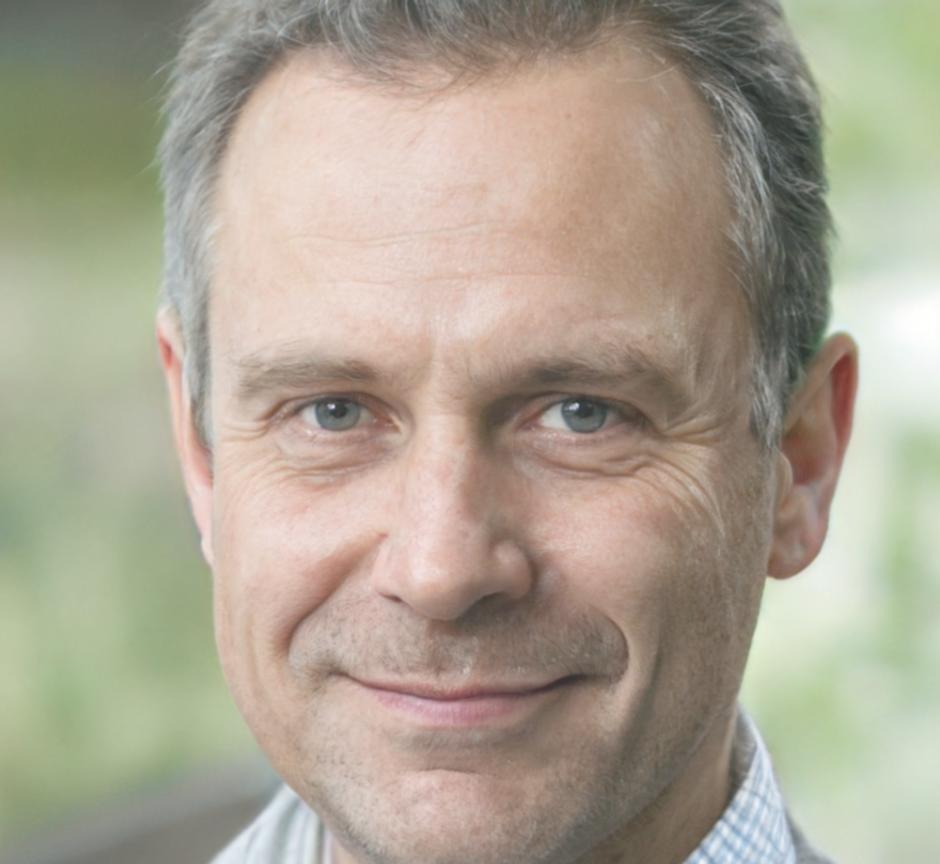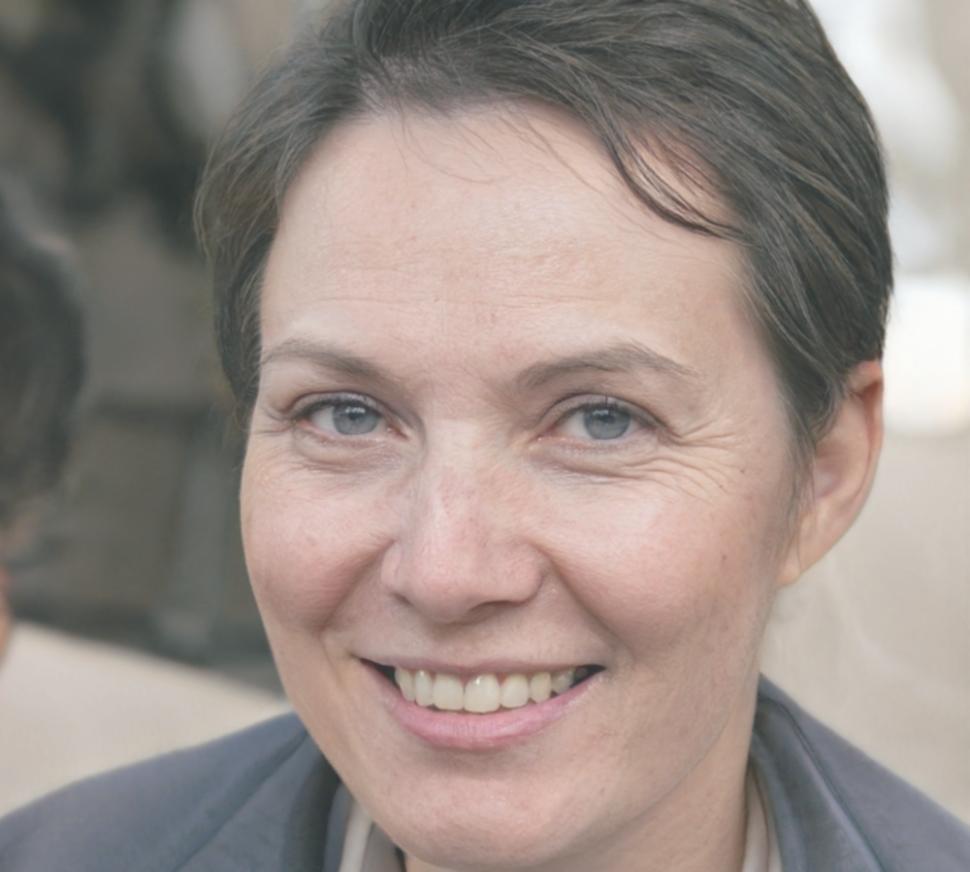Real Projects From Real Students
What happens when you give people proper guidance and let them work at their own pace? You get projects that actually make sense. These aren't portfolio fillers or cookie-cutter assignments.
Each project here reflects someone's personal financial situation and goals. And that's exactly how financial planning should work—tailored, specific, and built around actual life circumstances.

Meet Your Instructors
We've worked with people from all walks of life. Some had money sorted, others were starting from scratch. Teaching financial planning means understanding that everyone's journey looks different.

Eamon Dunphy
Spent fifteen years helping families work through retirement planning. Now focuses on teaching others how to create practical strategies that account for Australian tax structures and superannuation rules. Believes the best plans are the ones people actually stick to.

Siobhan Gallagher
Started her career managing budgets for small businesses before moving into personal finance education. Her approach cuts through the fluff and focuses on systems that work when life gets messy. Students appreciate her no-nonsense feedback on their projects.
What Students Actually Build
These projects aren't theoretical exercises. They're comprehensive financial plans developed over several months, addressing real challenges that participants face in 2025.
- Debt reduction strategies that account for variable income streams
- Retirement projections factoring in superannuation changes and part-time work
- Emergency fund frameworks for freelancers and gig economy workers
- Investment allocation plans for first-time investors under 30
- Family budget systems that adapt to school holidays and seasonal expenses
- Property purchase timelines with realistic savings milestones
Students present their work to the group in November 2025. It's helpful for everyone—presenters get feedback, others see different approaches to similar problems.
How We Structure The Work
Our program runs from March through November 2026. It's designed around the idea that good financial planning takes time and iteration. Here's how it actually works.
Foundation Phase
First two months focus on assessment techniques and data gathering. You'll learn how to ask the right questions and organize financial information in a way that reveals patterns.
Development Stage
Months three through seven are where you build your actual project. Weekly check-ins help you stay on track. Instructors review your work and point out gaps or areas that need rethinking.
Review & Present
Final months involve refining your plan and preparing to present it. You'll get feedback from peers who understand the challenges you faced because they worked through similar ones.